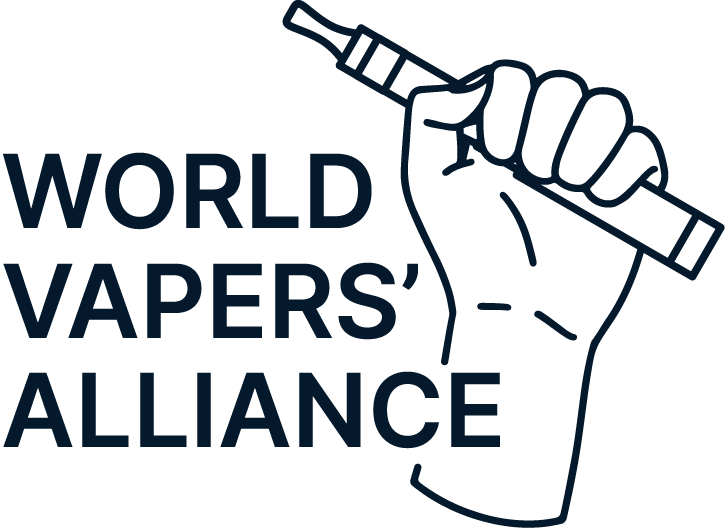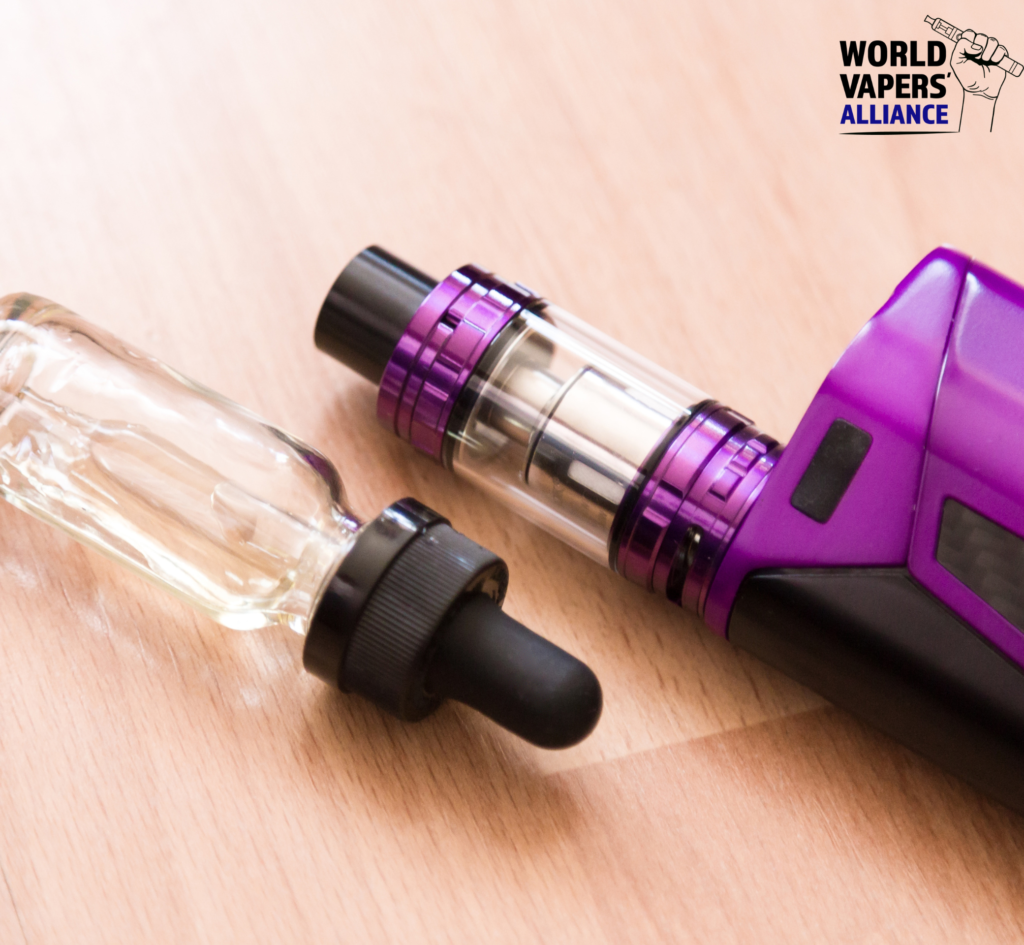Le vapotage est moins nocif que le tabagisme (95%). et est l'outil le plus efficace pour arrêter de fumer. Mais lorsqu'il s'agit de passer du tabac au vapotage, le prix joue un rôle déterminant. Le prix des produits de vapotage moins nocifs peut constituer un frein ou, au contraire, une motivation supplémentaire pour ceux qui souhaitent arrêter de fumer. Si les produits de vapotage sont chers par rapport aux cigarettes, ou si leur prix est si élevé qu'il les rend inaccessibles aux ménages à faibles et moyens revenus, les fumeurs seront découragés, voire empêchés, de changer de cigarette. En revanche, si le vapotage est bon marché par rapport au tabac, les fumeurs qui veulent arrêter pourront l'essayer et trouveront une motivation supplémentaire : les économies réalisées.
Heureusement ou non, les gouvernements du monde entier disposent d'un outil leur permettant d'influencer les décisions des fumeurs via le mécanisme expliqué ci-dessus : les taxes. Dans la plupart des pays, les taxes représentent une part importante du prix de vente des produits du tabac., Et cela devrait également s'appliquer aux produits nicotiniques alternatifs. La manière dont les gouvernements taxent les produits de nicotine traditionnels et alternatifs influencera les décisions de millions de fumeurs et de vapoteurs et aura des répercussions sur la santé publique à l'échelle mondiale. Alors, comment devraient-ils procéder ?
Le tabagisme a des conséquences non seulement pour les fumeurs, mais aussi pour la société dans son ensemble. Les coûts de traitement des maladies liées au tabagisme sont couverts par la sécurité sociale et les systèmes de santé publique, financés par les contribuables. De ce point de vue, les taxes sur le tabac se justifient afin de générer des recettes publiques permettant de couvrir les dépenses de santé liées au tabagisme. Compte tenu du profil de risque plus faible du vapotage, ce raisonnement ne peut s'appliquer. La grande majorité des composants nocifs de la fumée de tabac sont absents du vapotage., ce qui en fait nettement moins toxique que le tabac, et Le risque de cancer associé est inférieur à 0,5% par rapport au tabagisme.. Par conséquent, une taxation similaire de produits présentant des niveaux de risque si différents ne peut se justifier.
De plus, les taxes sur le tabac visent à décourager sa consommation. Les taxes sur les cigarettes électroniques le sont également.. Mais il a été démontré que Les cigarettes traditionnelles et électroniques sont des produits substituables, ce qui signifie que L'augmentation du prix de l'un entraîne une augmentation de la consommation de l'autre.. Par conséquent, et de manière imprévue, L'augmentation des taxes sur les cigarettes électroniques peut entraîner une hausse du taux de tabagisme., notamment chez les jeunes.
En résumé, il est absurde de taxer de la même manière les cigarettes traditionnelles et électroniques. Maintenir une différence de taxation peut inciter les fumeurs à passer à la cigarette électronique, améliorer la santé publique et réduire les dépenses de santé publique. À l'inverse, augmenter les taxes sur les cigarettes électroniques rapprocherait leur prix de celui des cigarettes traditionnelles, voire le dépasserait, dissuadant ainsi les fumeurs de changer de produit, compromettant les efforts des anciens fumeurs ayant arrêté de fumer et se mettant à la cigarette électronique, nuisant à la santé publique et entraînant une flambée des coûts de santé.
Malheureusement, le gouvernement portugais a fait un mauvais choix. Son projet de budget pour 2024 prévoit une taxe de 0,175 €/ml sur les e-liquides sans nicotine, tout en augmentant de 41 TP4T le taux applicable aux e-liquides contenant de la nicotine, soit 0,351 €/ml. De plus, il envisage d'appliquer une taxe minimale aux e-liquides, avec ou sans nicotine, correspondant respectivement à 251 TP4T et 12,51 TP4T de la taxe applicable aux cigarettes traditionnelles. En utilisant le facteur d'équivalence proposé par le gouvernement (0,05 ml d'e-liquide = 1 cigarette), 1 millilitre d'e-liquide contenant de la nicotine sera taxé à un quart du prix d'un paquet de cigarettes (composé de 20 cigarettes).
Si la proposition est approuvée, le prix des e-liquides devrait monter en flèche à des niveaux qui décourageraient fortement l'arrêt du tabac. dernier plan national de lutte contre le cancer, Présenté il y a un an, le plan du Portugal vise à réduire la prévalence de la consommation de tabac de 171 000 fumeurs actuellement à moins de 141 000 fumeurs en 2025 et à moins de 101 000 fumeurs en 2030. Cet objectif est peu probable si le gouvernement portugais continue de durcir son contrôle sur le vapotage, ce qui contraste avec la forte baisse des taux de tabagisme observée dans les pays ayant adopté une approche ouverte vis-à-vis du vapotage et d’autres produits nicotiniques moins nocifs, comme le Royaume-Uni et la Suède, qui deviendra le premier pays sans tabac cette année.
Au lieu d'augmenter les taxes sur les e-liquides, le gouvernement portugais devrait maintenir un écart de taxation important afin d'inciter les fumeurs à passer à la cigarette électronique. Autrement, si les mesures proposées sont adoptées, les objectifs de lutte contre le tabagisme ne seront pas atteints et la santé publique en pâtira.







